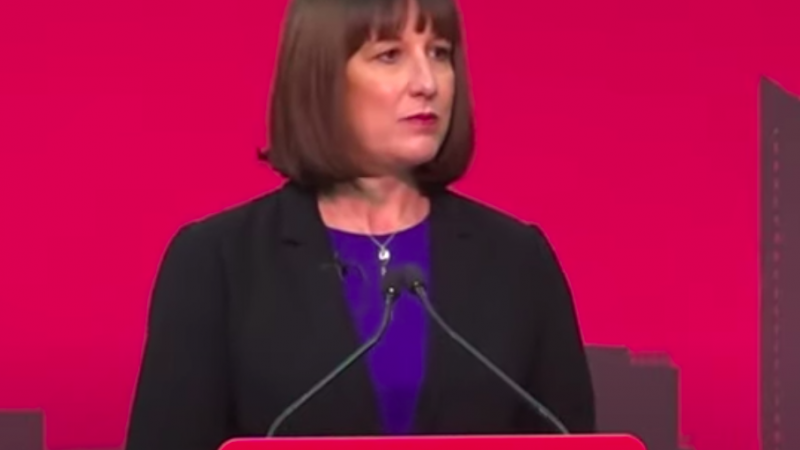'The question of how we raise the funds for our ambitious plans will be absolutely critical to the success of a Starmer government.'

Tom Collinge is Head of Policy and Comms at Progressive Britain – find him on Twitter @thomascollinge
Those of us anticipating a Labour win at the next election are aware there is a daunting task facing the party. From the immediate challenges of the NHS crisis and public sector strikes, to structural issues in Britain like regional inequality and poverty, to our response to big global exogenous shocks of climate change and war. After over a decade of Tory mis-rule, there is, to put it bluntly, lots to do.
To be reductive for a moment, ‘doing’ in government generally boils down to ‘spending’. Policy makers of course contend with the fiendish problems of maximising the value from how, where and, on what to spend but, particularly on the left, we tend to have less to say about the generation of the money that is spent than how we want to do it.
This is not intended as a slight: we support Labour because we want an NHS where nurses are paid fairly, we want houses built, we want transport, and police, and prisons that function for society. We want what a decade indifferent and incompetent governance has denied us. We want investment in Britain.
But we need to pay more attention to the other side of that coin. Equally as important as how we spend public money is how we raise it. There can be a reticence to engage with this question. Partially it is political expediency – no one wants to talk about tax. Partly it’s because people assume the answer is highly technical, the responsibility of economists and financiers. Finally, the question just seems dry. It’s not charged with progressive values in the same way that tackling the many problems we face is.
Particularly on that last point, I don’t agree. The question of how we raise the funds for our ambitious plans will be absolutely critical to the success of a Starmer government. It’s about more than making columns add up, it’s about how we put our values into practice and our vision for the modern economy.
On tax, too often the conversation is ‘more or less’, and not ‘how, what and why’. These more fundamental questions are not theoretical. Changing times are impacting the way we collect taxes, such as the impact of the rise of electric cars on fuel duel duty. And as the returns for owners of capital have shown themselves to be greater than returns for working a job over the last decade, it’s a challenge to our principles of fairness to figure out how to use the tax system to arrest what currently feels like the inevitable aggregation of wealth and power into the hands of relatively small groups of people.
Facing this future offers the Party the potential to be new and transformative while preserving its values. But the challenge goes deeper than that. A fairer system of redistribution in a stagnating economy is better than the alternative, but not good enough.
The British economy has had a slow puncture since the financial crisis. We’ve fallen behind all our peers on productivity and wage growth. Brexit bakes un-competitiveness into our system and leaves us exposed to competition from countries and trade blocs who can invest at a scale we could never match. War in Europe means we need both guns and butter. To be totally frank, the future of the public finances looks grim from here out to the horizon.
This is why we should be thinking beyond just tax. There has to be a growing of national wealth. An ever diminishing pot, no matter how artfully divided up, will not meet the needs of the people of this country.It inevitably means more underinvestment, worse services, and a falling behind in opportunities and quality of life for our people.
Labour is building up its growth strategy – distinct from both the lassiez faire and centrally planned systems of the past – with the modern industrial strategy. A system which recognises that modern governments in the US, Europe, China and around the world are working in partnership with their domestic industries to secure their prosperity.
It is absolutely vital that fairness and our social aims are built into this from the ground up. Industrial policy can and should have a positive impact on people’s life chances, regional inequality, the environment and all the things Labour want to achieve, while respecting the reality businesses face staying afloat and making profit.
If this was simple someone would have done it already, and Labour knows that both the politics and delivery of a new industrial strategy are tricky. But there is no other route to the growth we need. Needed not just because it is pays for all the progressive work that will and should be done in the short and medium terms but because done delivered by Labour it will weave our aim of a fairer, better, society more deeply into the fabric of the country than ever before.
Left Foot Forward doesn't have the backing of big business or billionaires. We rely on the kind and generous support of ordinary people like you.
You can support hard-hitting journalism that holds the right to account, provides a forum for debate among progressives, and covers the stories the rest of the media ignore. Donate today.



